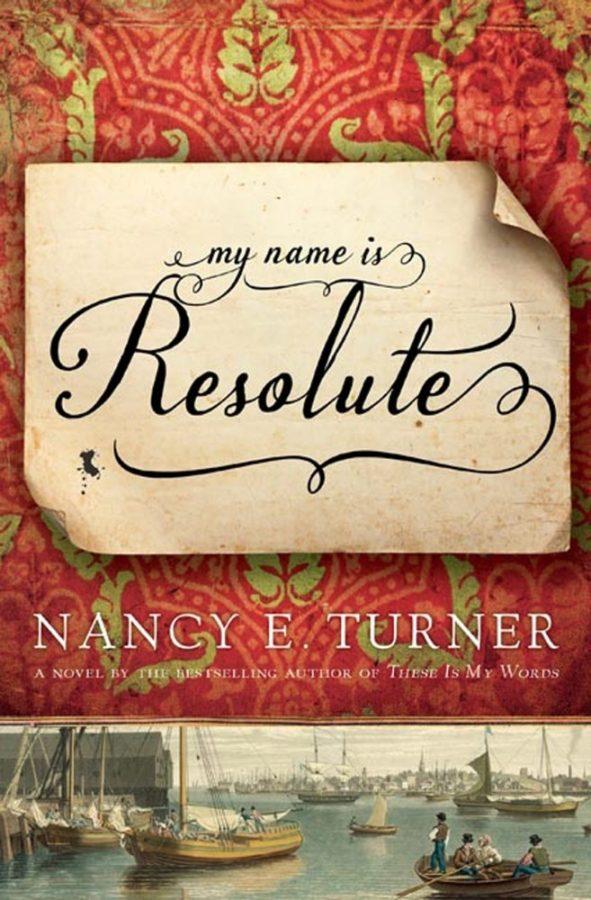UA alumna Nancy E. Turner will join two author panels during the Tucson Festival of Books this weekend. Having authored five historical fiction books, Turner will discuss her experiences and adventure in writing at Saturday’s panel “Historical Fiction — Reimagine the Past” and Sunday’s panel “Women of the Old West.” Turner spoke with the Daily Wildcat about her inspiring ancestors, the publishing process and what writers must do to reimagine history.
Daily Wildcat: What was is that initially inspired you to start digging into your family history?
Turner: The main thing that inspired the beginning of it all was simply finding out they had lived and ranched right here in the area around Tucson where I was living for the first time. It was from wanting to connect to my ancestors, who I had never known, who lived here 100 years ago. I just felt very inspired that they had come here, and I can’t imagine arriving any place in Arizona and thinking, “OK, I’ll just put up a house and dig a well and live here.” They must have been pretty hardy people.
What did you learn about your ancestors when you began researching your genealogy?
The biggest thing I learned is that you can’t count much on oral traditions. Oral history is not the most accurate thing, but I did learn that they lived and ranched in Southern Arizona. They lived through some really tough times. They were good and generous people, and that was very nice to know.
How long did it take to have your first book published?
From the beginning when I started imagining it to the time it was published was about two years, and it was two more years after HarperCollins bought it before it was on shelves.
Are there downsides to skipping the painstaking process of commercial publishing in favor of self-publishing?
Well, I would say the downside is you don’t get the services of a professional editor. You can pay people to do things like that, I think in different levels of self-publishing, but I would say it does flood an awful lot of work in the publishing market that isn’t really ready.
What makes for quality historical fiction?
I think good historical fiction is well-researched and doesn’t try to change history but instead makes use of what we know of history to make a realistic setting. I think all of the things that make any writing good writing applies to historical fiction equally well, if not more so. But one thing I really enjoy is when an author [tries] to stay true to the language of the time and the way people spoke. I do that by reading a lot of works that are written during the time period to know how people talked and how they wrote. Each novel I have worked on has been a couple of years’ worth of very hands-on researching.
How can a writer effectively recreate a historical setting?
I think the most important thing to remember is that unless [the place] has gone through something dramatic, you need to go to the place and see the setting. Now, of course Boston nowadays is not Boston in 1700, so you have to do a lot of imagining. You can always find something similar. For instance, Tucson has some very old buildings, old maps and things like that. In the end, you can use different resources. You can walk around in the desert and imagine what it must have been like before there were houses.
_______________
Follow Anna Mae Ludlum on Twitter.









